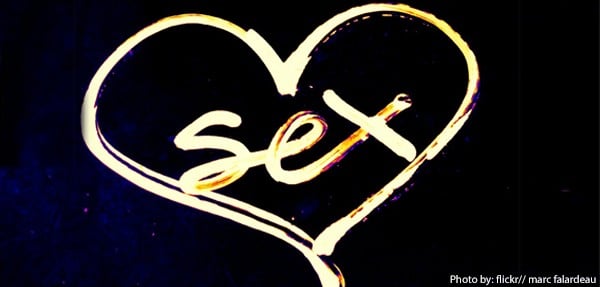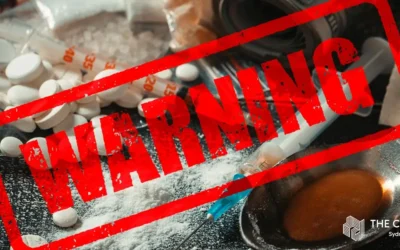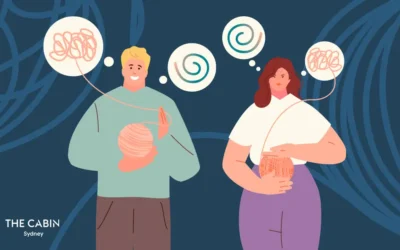While sex addiction has yet to be officially classified as a “real” addiction, new brain research shows that sex can indeed affect the brain in the same way as drug and alcohol – leading to addiction.

When you think of too much of a good thing, sex is probably not the first thing that comes to mind. However, recent research conducted at the University of Cambridge is shedding light on how sexual addictions may affect the brain in ways analogous to drugs.
“Addiction”. The word usually brings to mind images of alcohol and drugs. It is true that addictive substances have been the most commonly studied addictions, as well as being the most visible forms of addiction. In recent years, however, that has been changing. With the advent of new ways of studying the brain, and new ways of understanding addiction, other behaviours are becoming understood as addictions.
One of the most recent is sex addiction. While not yet included in the authoritative text of mental health, the Diagnostic and Statistical Manual of the American Psychological Association, there is now scientific evidence that supports the notion that sexual behaviours can be addictions.
The research, conducted at the prestigious University of Cambridge, focused on the way the brain is affected by viewing pornographic images. In the study, two groups of men viewed the images. One group comprised of men with sexually compulsive behaviour, while the other group comprised of men with normal sexual behaviour. The study used a functional magnetic resonance imaging device (fMRI), to track changes in brain activity which occurred while the men viewed the pornographic images.
The researchers discovered that the part of the brain associated with rewards lit up in the brains of men with sexually compulsive behavior. These “reward centers” of the brain, which include the amygdala, dorsal anterior cingulate, and ventral striatum, showed activity similar to the brains of drug addicts consuming drugs.
The lead researcher on the study, Dr. Valeria Voon, says that it is certain that persons with sexual compulsion suffer as a result of their condition. The new research provides evidence on the level of the brain similar to what psychologists have noted for some time: that those with an abnormally strong sexual compulsion experience significant problems in their behavioral, emotional, and social functioning. In addition to adaptive problems, people with sexual compulsions often experience shame, guilt, and a desire to maintain secrecy about their condition. This adds to the suffering that they experience.
Dr. Voon is happy that the study supports the classification of sexual compulsions as pathological. She hopes that it in the future it will provide grounds for further research into the understanding of the disorder.
We at The Cabin, having helped many a client suffering from this disorder, commend this study and Dr Voon’s assessment of the condition. Sex addiction is a disease, no less serious for the sufferer than suffering from a substance addiction – and the sooner it is clinically recognised the more people will be encouraged to seek treatment.
The Cabin, Chiang Mai, is a residential treatment center providing world-class, holistic care for addiction. If you are concerned about addiction, please contact one of our staff today.


